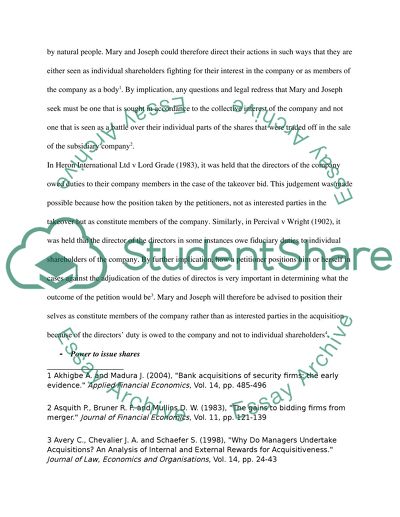Cite this document
(“Business Law Essay Example | Topics and Well Written Essays - 2250 words”, n.d.)
Business Law Essay Example | Topics and Well Written Essays - 2250 words. Retrieved from https://studentshare.org/law/1482850-business-law
Business Law Essay Example | Topics and Well Written Essays - 2250 words. Retrieved from https://studentshare.org/law/1482850-business-law
(Business Law Essay Example | Topics and Well Written Essays - 2250 Words)
Business Law Essay Example | Topics and Well Written Essays - 2250 Words. https://studentshare.org/law/1482850-business-law.
Business Law Essay Example | Topics and Well Written Essays - 2250 Words. https://studentshare.org/law/1482850-business-law.
“Business Law Essay Example | Topics and Well Written Essays - 2250 Words”, n.d. https://studentshare.org/law/1482850-business-law.


